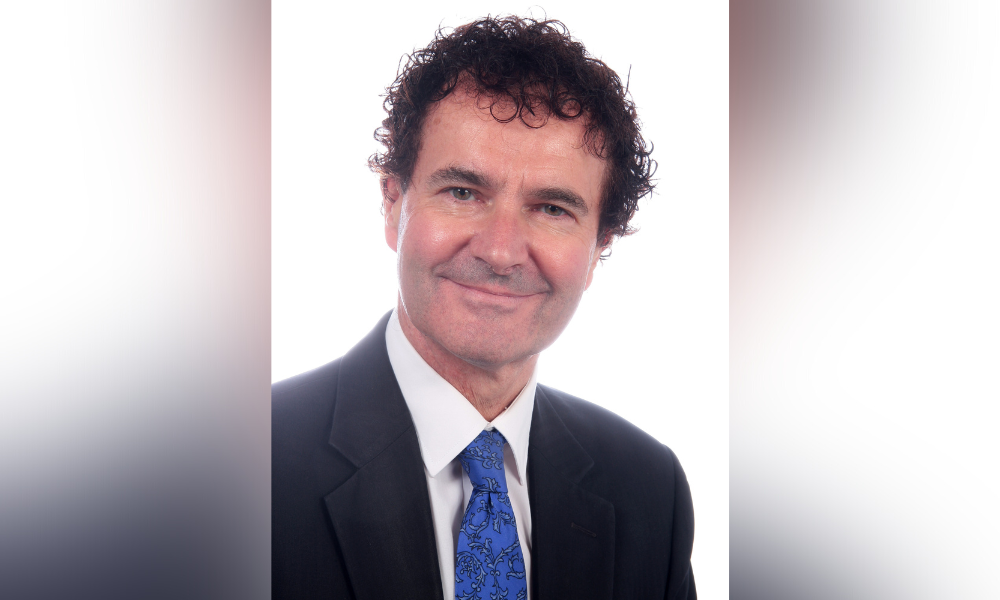But lower interest rates will be a slow turnaround, economist says

The pace of interest rate increases should diminish now that banks’ wholesale borrowing costs have peaked, inflation has spiked and monetary policy has tightened, according to an independent economist.
Tony Alexander (pictured above) said wholesale borrowing costs peaked in June.
“The worsening forecasts for the likes of the UK economy and China only add to this view of inflation falling. So too does the evidence of some things falling in price such as oil, food and minerals,” he said.
Alexander said at some stage inflation may turn to deflation in some countries.
“For the moment, inflation rates and risks remain high and it will be some time before central banks express confidence about inflation,” he said. “Eventually they will, and when they do, it is likely to cause some additional decline in wholesale borrowing costs, which will feed through to some more cuts in fixed mortgage rates.”
Read next: ANZ makes big changes to its OCR forecast
Alexander said people should not be optimistic about interest rates either falling away quickly or settling at extraordinarily low levels come 2024 and 2025.
“Central banks are going to keep a close eye on labour market measures to gauge the extent to which upward pressures on wages growth will be easing,” he said. “The trouble is, the labour market is a lagging indicator of the state of the economy. It will be one of the last things to change. That might not matter much if the economic outlook were to suddenly deteriorate a lot. However, there is a structural shortage of labour in New Zealand, which is only going to be temporarily alleviated in the coming two years by the slowing of the pace of economic growth.”
Alexander said interest rate moves served to remind people that things do not move in straight lines in the financial world.
“The track for very short-term interest rates remains upward as central banks, including our own, still have some policy tightening to do,” he said. “But for rates longer than a few months, the signs of worsening world growth imply falling inflation and one day easing policies again.”
Read next: New Zealand avoids recession
Alexander said interest rates and fixed mortgage rates rose 3% to 3.5% in 10 months, compared with rises of less than that over the past 4.5 years in the last tightening cycle.
“Even though rates have decreased 0.2% to 0.4% since June, most people rolling off an old rate now will potentially be paying an interest rate near double what they were previously,” he said. “The cost to New Zealand banks of borrowing money at a fixed rate for one year to lend has risen to near 4.1% from 3.75% one month ago. The three-year bank borrowing rate has risen to near 4.15% from 3.6% a month ago.”
Alexander said there was a house construction correction occurring across New Zealand.
“There won’t be a fundamental over-supply of property in New Zealand, but talk of such is one factor which has caused potential buyers of new builds to back off,” he said. “Stories of failed projects and demands for higher payments are abound. Pre-sales have become much harder to achieve, and although there won’t be a crash, there is a good chance that the volume of house building has already peaked and will now ease off for the next three or so years.”



